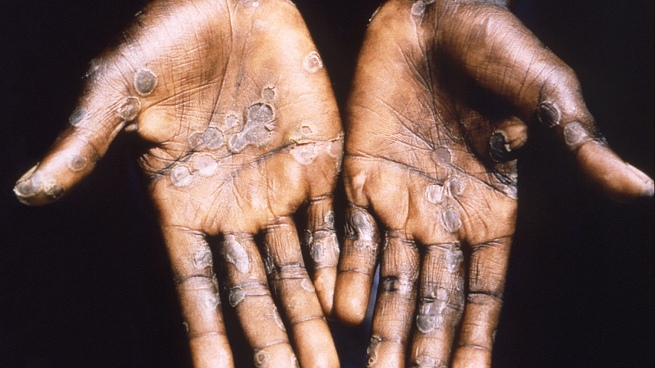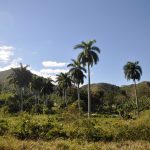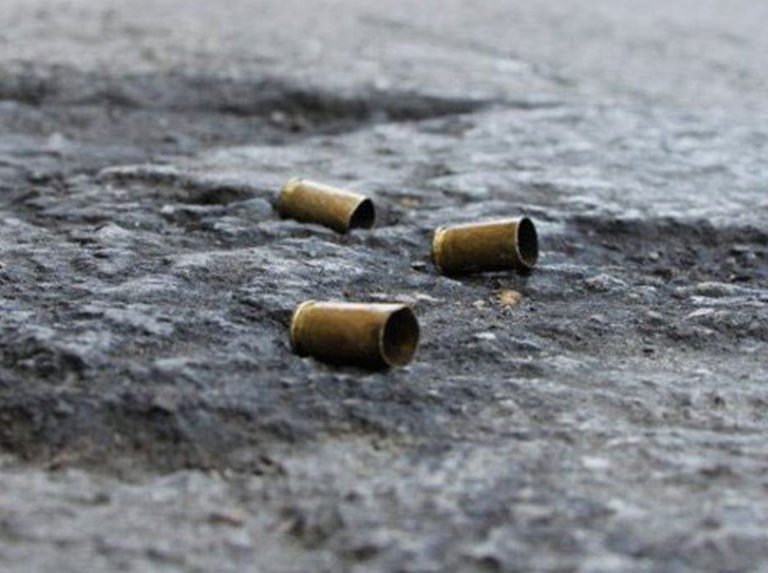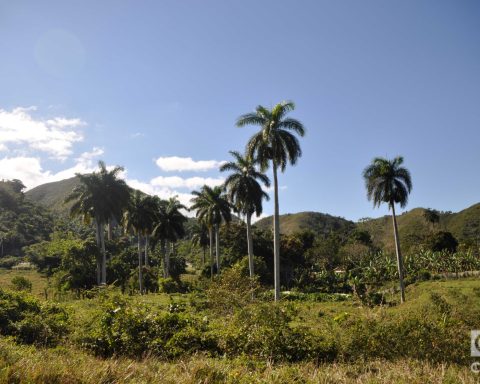The World Health Organization (WHO) activated its highest level of alert this Saturday to try to contain the outbreak of monkeypox, which has already affected almost 17,000 people in 74 countries, announced its director general.
“I have decided to declare a public health emergency of international scope,” Tedros Adhanom Ghebreyesus told a news conference, stating that the risk in the world is relatively moderate, except in Europe, where it is high.
Tedros explained that the committee of experts had been unable to reach a consensus and remained divided Regarding the need for the highest alert level, but as director general of the WHO the final decision was left in his hands.
“It is a call to action, but it is not the first,” said Mike Ryan, head of emergencies at the WHO, who said he hopes the alert will allow collective action against the disease.
Monkeypox is not a sexually transmitted disease, but outside endemic areas it affects men who have sex with men.
Since early May, when earthquake pox was first detected outside African countries where it is endemic, disease affected more than 16,836 people in 74 countriesaccording to the US Centers for Disease Control and Prevention (CDC) as of July 22.
In Argentina 13 cases were confirmed of monkeypox until July 14, of which 12 had travel history prior to the onset of symptoms, according to the Ministry of Health.
Monkeypox is not a sexually transmitted disease, but outside endemic areas it affects men who have sex with men, with some exceptions.
First detected in humans in 1970seismic pox is less dangerous and contagious than smallpox, eradicated in 1980.
The disease first manifests as a high fever and rapidly progresses to a skin rash, with crusting.
Most of the time it is benign and usually heals spontaneously after two or three weeks.
















